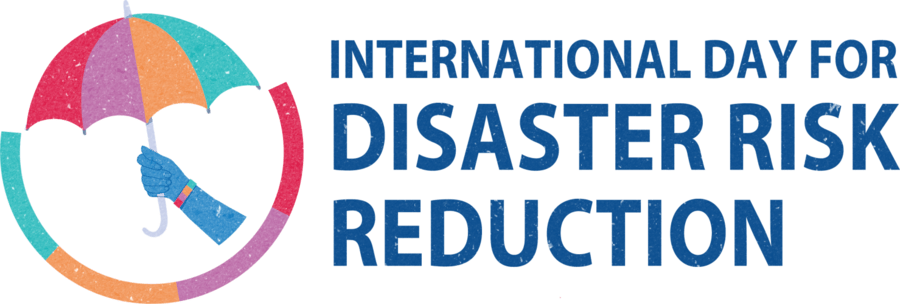Practical Action
Explore further
Practical Action is an international development organisation that puts ingenious ideas to work so people in poverty can change their world.
Practical Action is a global change-making group. It consists of a UK registered charity with community projects in Africa, Asia and Latin America, an independent publishing company and a technical consulting service. It combines these specialisms to multiply its impact and help shape a world that works better for everyone.
Climate change is leading to increasingly frequent and more severe hazards and disasters. Poor people are the most vulnerable and hardest hit.
We’re helping to make resilience a way of life, by advising people on how to adapt their lives to a changing climate and put plans and systems in place to predict disasters and minimise their impact.
And we’re contributing to joint efforts to promote environmentally sound technologies for low carbon and climate resilient development.
Our policy influencing approach is based on research and operational experience gained over many years in South Asia, Africa and Latin America.
All our work is climate smart and designed to equip poor people to adapt to a changing climate and cope with severe weather events, while also capturing evidence and knowledge to generate the political will necessary to deliver this at scale.
We will put poor people central to the climate change agenda to ensure that mitigation, adaptation and loss and damage actions deliver for and do not compromise the development choices of the poorest. Only by reducing the risk of the poorest and most vulnerable will the risk exposure of the whole community be reduced.
- In the countries where we are working we will explore the causal relationship between climate change and natural disasters to help people better cope with uncertainty and natural disasters.
-We will work with all stakeholders including the private sector to understand the role that markets play (both positively and negatively) in building the resilience of the poorest and most vulnerable.
-We will call on governments and other key stakeholders to integrate Disaster Risk Reduction into their policies.
Global Network for Disaster Risk Reduction
http://www.practicalaction.org
- Influence national government policy on the importance of livelihood centered approaches to DRR
- Capacity building of stakeholders in national planning to mainstream DRR in local planning and development.
- Community mobilization to engage in national planning.
- Promote traditional emergency management
- Support governmental institutions to improve risk monitoring and information sharing, especially participatory approaches
- Develop early warning and information sharing systems, linked to vulnerable communities
- Capacity building to improve collection and sharing of data
- Participatory risk analysis and mapping with communities
- Strengthen collaboration between diverse stakeholders working on disasters, climate and development
- Training of civil society and communities on DRR
- Communications to raise risk awareness
- Development of educational materials
Focus on the threat of Climate Change to poor people’s livelihoods
- Support government to mainstream DRR into national poverty reduction plans
- Design and pilot Climate Change Adaptation projects
- Integration of related Climate Change issues into DRR
Focus on urban vulnerability and food security for disaster resilient livelihoods
- Hazard specific community level disaster planning
- Community mobilization to implement preparedness measures
- Promote community level disaster risk response
- Promote the Emergency Markets Mapping and Analysis (EMMA) toolkit to rapidly rebuild markets post disaster
- Promote the Vulnerability to Resilience (V2R) framework as a planning approach to integrate community disaster experience into future development.
- Strengthen the ability of people, organisations and networks to experiment and innovate
- Forge partnerships to ensure the rights and entitlements of people to access basic services, productive assets and common property resources
- Attend regional meetings to share and exchange best practice
- Produce materials and publications on DRR and resilient livelihoods
The Sendai Framework Voluntary Commitments (SFVC) online platform allows stakeholders to inform the public about their work on DRR. The SFVC online platform is a useful toolto know who is doing what and where for the implementation of the Sendai Framework, which could foster potential collaboration among stakeholders. All stakeholders (private sector, civil society organizations, academia, media, local governments, etc.) working on DRR can submit their commitments and report on their progress and deliverables.
